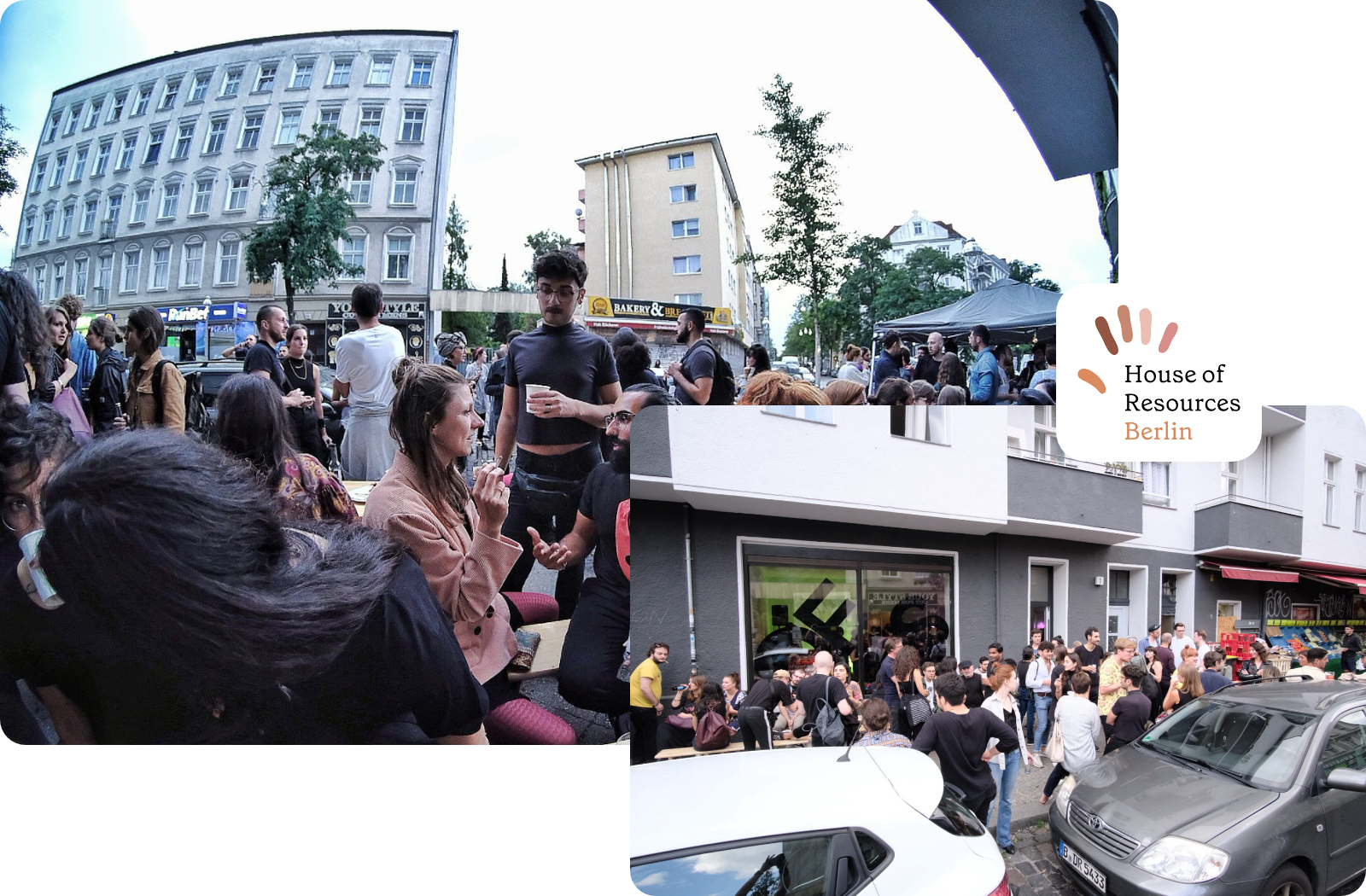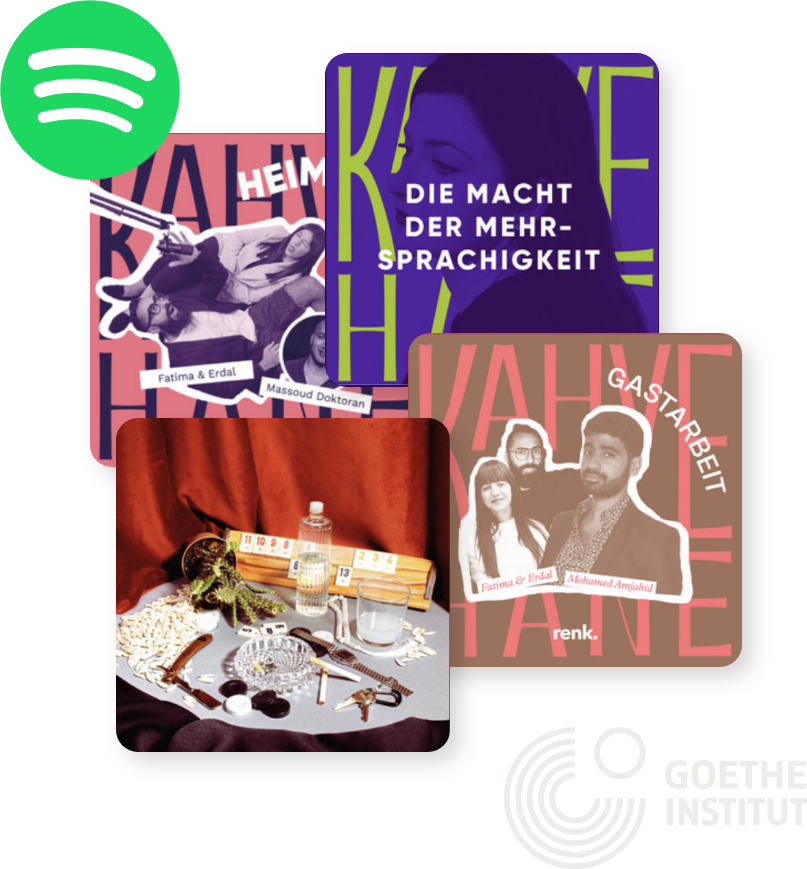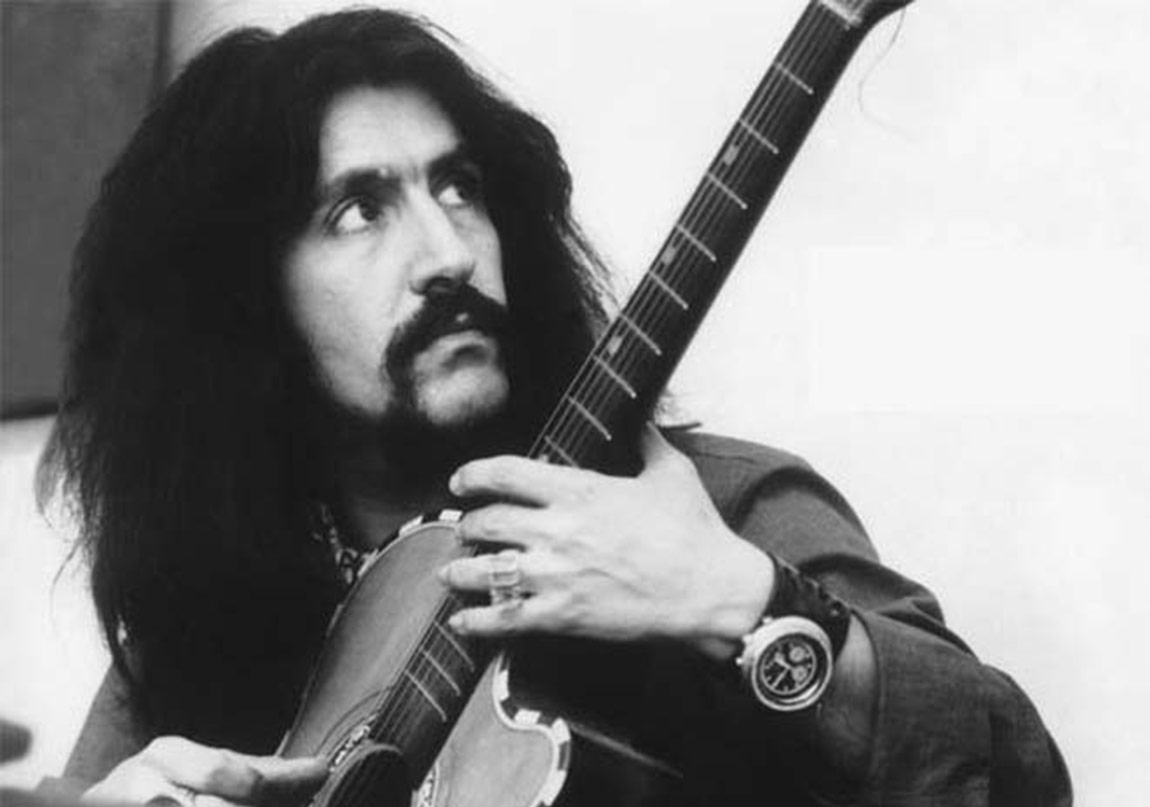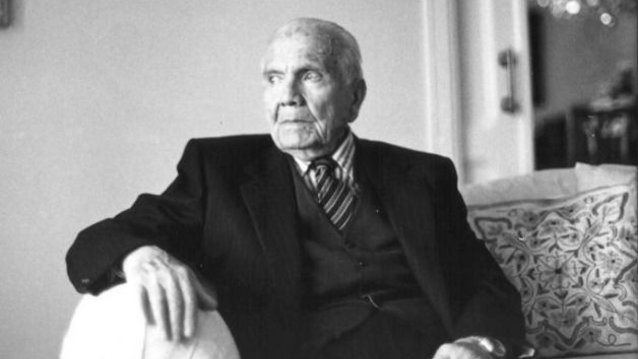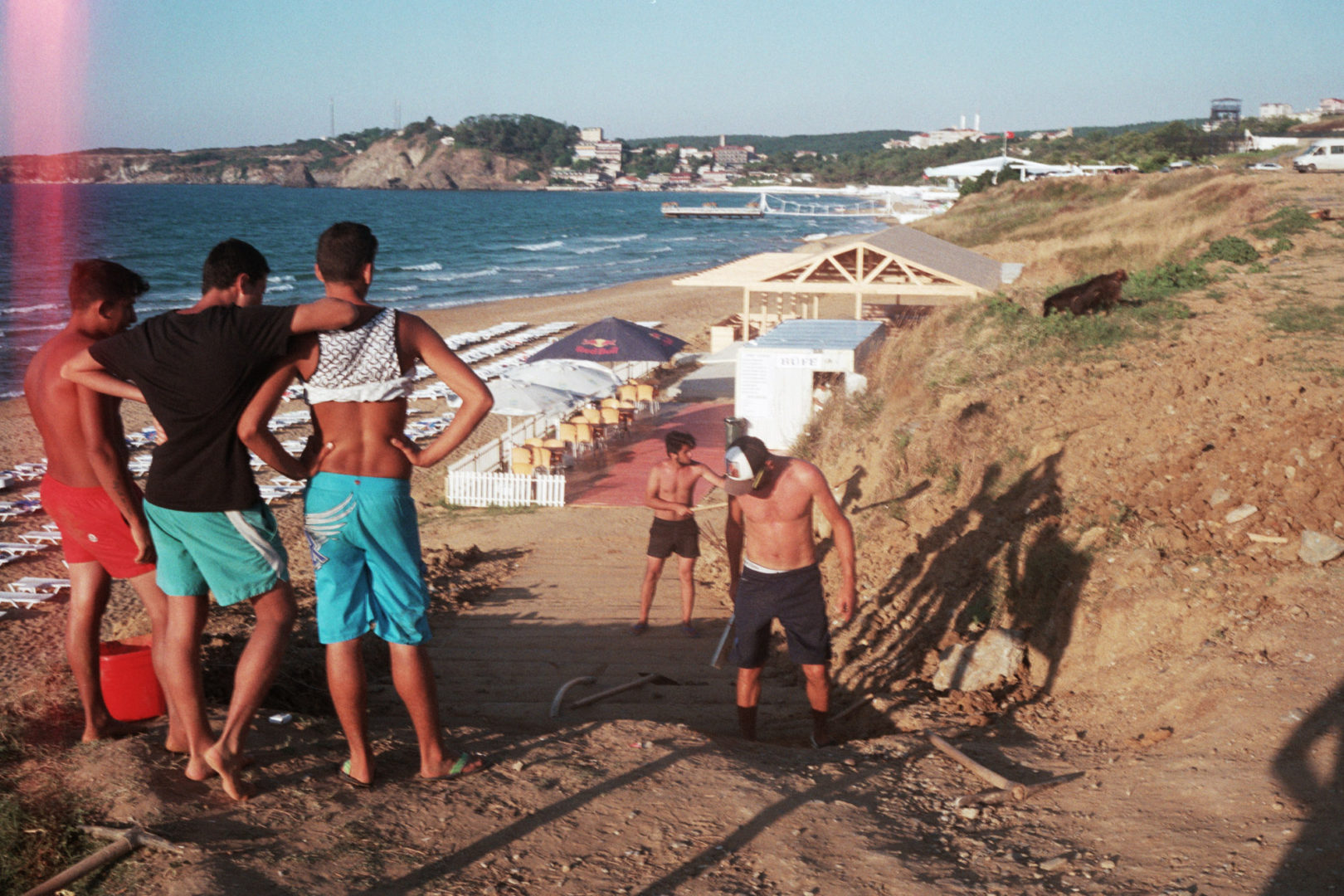In 1982, Alfred Biolek had an extraordinary guest on his programme “Bios Bahnhof” (Bio’s Railway Station). His guest, who could speak five languages and had swept-back shoulder-length hair, stood next to Biolek wearing his grandfather’s kaftan. He was accompanied by the members of his band “Kurtalan Express” who were wearing bright and colourful clothes. Biolek introduced his musical guest with the following words: “Over there he is the greatest, […] but over here nobody has heard of him. […] This is Barış Manço and the Kurtalan Express!” After Biolek and Barış Manço exchanged some words in Turkish, Barış Manço and his band performed their hit song “Hal Hal”. (You can watch the YouTube video below). The song is about ankle bracelets women wore as jewellery; a tradition which was reawakened in Turkey in the 80s after having long seemed to disappear.
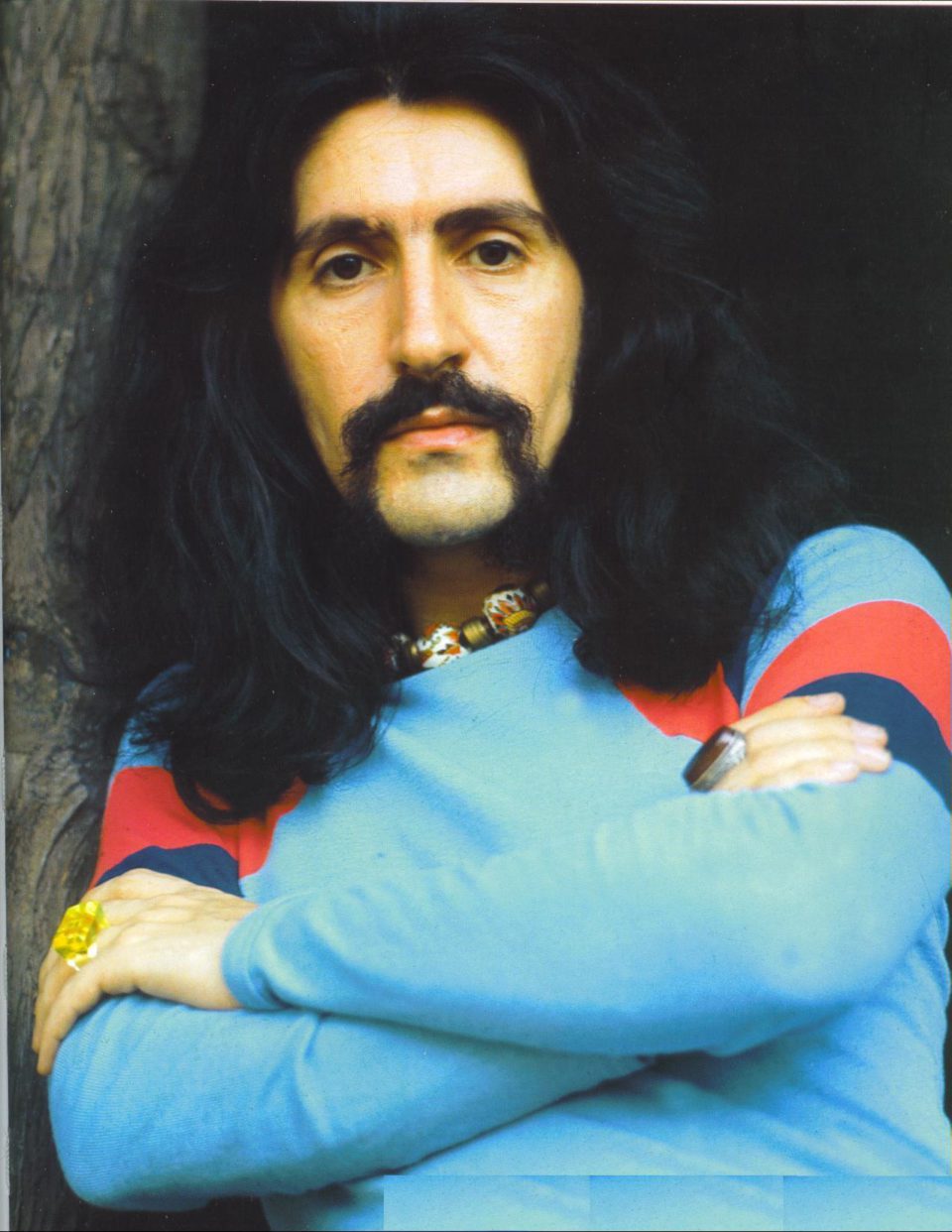
“Manço made songs out of our longing”
If you talk to people from the guest worker generation in Germany about this programme, many respond, “I recorded that programme on a VHS cassette at the time and I’ve still got it!” When talking about this programme it becomes clear that, for many, it was an important moment and a gesture of communication which has remained a positive memory to this day. Some say Biolek brought a piece of home into their living room. At that time, Baris Manço was already a well-established musician in Turkey; he is considered the inventor of “Anadolu Rock”, a music style in which Western rock music meets Anatolian instruments and old songs. Even today, his music is slowly starting to be found in clubs in Berlin. SO36 even has a club night named after his song, HAL HAL.
His outer appearance was also rather unusual for the time. A former guest worker recalls: “Our fathers would get really angry when men had long hair. But when Manço was at the height of his career, the taboo was suddenly broken and our fathers accepted it. It became legitimate and suddenly long hair became a trend.”
He grew up in Istanbul and was trained in Europe
Manço was born in Istanbul in 1943 and began his musical career in Belgium, where he studied at the Academy of Fine Arts. Influences of Western culture had always led him to try out new sounds. As time went on he established a style which was connected with him and who he was as a person. He created a progressive sound with psychedelic guitar solos, which through the use of synthesizers and sound effects was partly futuristic and – in spite of this – still traditional.
His band included guitars and saxophones, but also the Turkish saz and the ney flute with their mystical sounds. Manço, always experimenting, broke musical conventions, and he brought the Western and the Eastern world together musically. His masterpieces include the pieces “Dönence”, in which nebulous, dark guitar and keyboard sounds are dramatized with a glockenspiel, and “Kara Sevda”, in which the electronic guitar dominates over all the other instruments and could be considered the showpiece of “Anadolu Rock”.
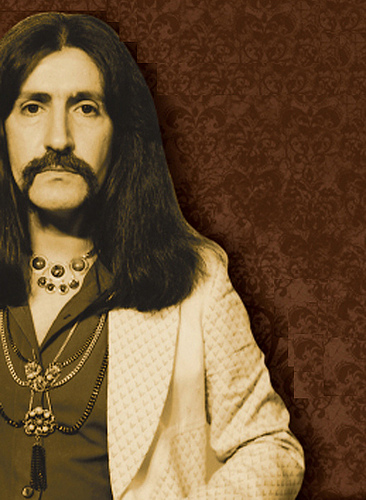
The pioneer for bands like Duman or Manga
The themes in Manço’s songs were also original. Historically in Turkish music, many artists such as Ferdi Tayfur or İbrahim Tatlıses (contemporaries of Manço) would mourn and lament in their music, always singing very serious and depressive songs which could drive you into the deepest depression or simply to the nearest pub. Manço, on the other hand, brought a whole new perspective into play. In Manço’s songs, love and separation were not an endless pain which plunged you into grief or self-pity, but simply experiences that remain fundamental to the human existence.
In songs such as “Anlıyorsun Değil Mi?” (You understand, don’t you?) Manço mourns his old love, but his lovesickness is not absolute or self-destructive. He takes notice of the weather, the lively street he walks along, and the propelling, joyful melody reveals exactly the kind of ambivalence that can arise after a separation. On the one hand, there is the sadness that you are now by yourself, lonely and hurt. But on the other hand, there is a new chapter beginning, a new path and new tasks which Manço reflects in his description of nature.
In his songs, Manço regularly juxtaposes the joy of grief or the euphoria of mourning. Emotions are always interconnected, the transience of our existence is an ever-recurring motif in his work, and is presented in relation to eternity. In the title “Ali Yazar veli bozar”, Manço asks what role his tears play at all when the sky cries too? And what does it mean to get wet when it is raining mercy?
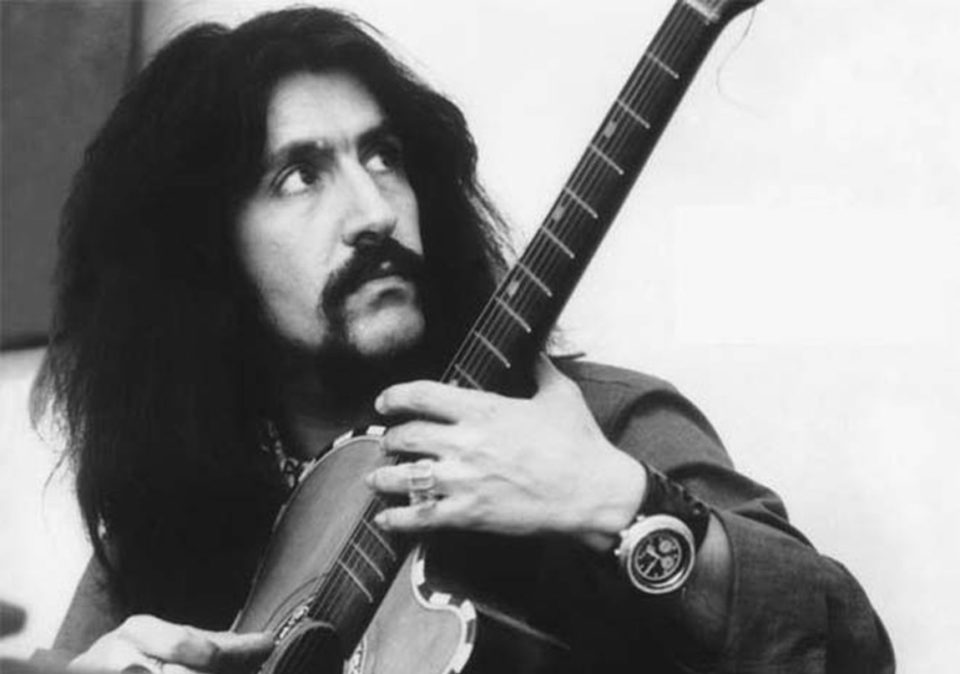
Manço’s special image of a human
A human in all their parts – their experiences and emotions – is always positioned in the context of nature. The individual is not everything in Manço’s songs, it is not the absolute, but part of the creation that surrounds it. This is a strong counter-narrative in Manço’s work, and it stands in contrast to other artists of his time, whose absolute world-weariness and self-pity become almost egocentric.
However, it is not just the new sounds and profound lyrics which make Baris Manço’s music so popular even today. It is, in particular, his image of a human which lends him his particular position in Turkish music history. At the centre of his music lies the individual surrounded by a cosmic interweaving. The individual who acts, thinks, considers and makes his own decisions. Who also makes mistakes, takes responsibility for them, and tries to comprehend and change the world in which they live. In Manço’s songs, the individual is not a pitiful, passive being who just accepts his fate but someone who actively shapes their life and is always able to deal with their own emotions and decisions.
While artists like Müslüm Gürses or İbrahim Tatlıses often express in their songs a desire to die, and as such death in the name of love becomes a central motif, Manço positions himself on the other side, looking back at this life. This life is a blessing, it is almost holy for Manço because we have the ability to sense and feel. His songs compel you to take fate into your own hands and to shape your life according to your own vision.
Manço himself also lived according to this idea, since, besides his work as a musician, he also produced television broadcasts such as “Adam Olacak Çocuk”. This was a children’s programme in which children could sing songs together with him, recite poems, or dance with him. In addition to entertainment, the program also had an educational element because in his programme Manço talked to the children at eye level and told them that they were valued and must forge their own path in life. He was not the star of this programme, the children were. If you consider that some of these children did not even have access to education, you cannot overstate the value of this programme.
Baris Manço passed away on 1st February 1999, leaving a vast and varied legacy. Upon his death, the streets of Istanbul filled with crowds. This was also a day of mourning day for the Turkish community living in Germany and across Europe. On Biolek’s show, Biolek promised Barış Manço that he would invite him to his new programme if he composed a song in German. Unfortunately this never took place. Today, with the tense nature of current German-Turkish relations, an exchange like this and some good music could do us all some good.
https://www.youtube.com/watch?v=r1dS0eZ9LFo
Text: Burak Yilmaz
Images: With permission from Flickr/ canburak
